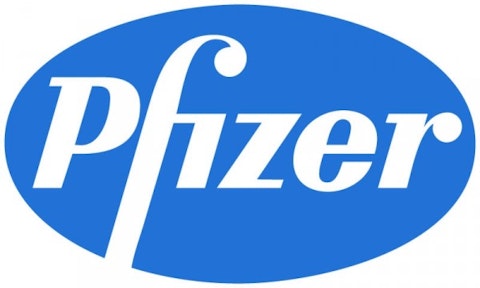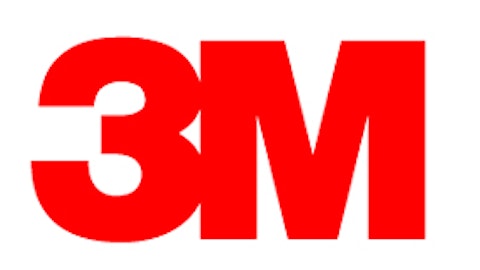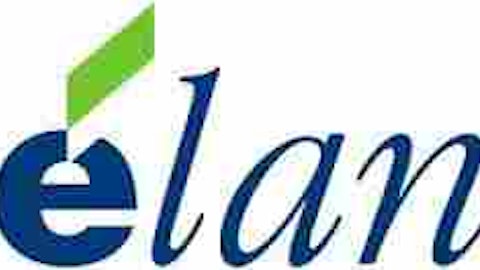Pfizer Inc (NYSE:PFE) and Bristol Myers Squibb Co. (NYSE:BMY) have a lot in common.
Pfizer’s 2012 revenue was down 10%; Bristol-Myers Squibb’s was off by 17%. Both are down because of expirations of megablockbusters they used to own. Both could be resurrected by a recently approved drug.
The same drug.
A long time coming
The Food and Drug Administration recently approved their Eliquis for the treatment of blood clots in patients with atrial fibrillation, a type of abnormal heart rhythm.

At the time, the drug was already in phase 3 trials, which gives you a sense of how long the development process for blood thinners takes. Measuring the prevention of strokes takes a while since they don’t happen with a high frequency.
The drug would have been on the market sooner, but the companies got a complete response letter from the FDA last June. The agency declined to approve Eliquis, requesting “additional information on data management and verification” for one of the clinical trials.
A blockbuster in the making
There’s no doubt there’s a market for Eliquis. The current standard of care, warfarin, is also a component of some rat poisons. If you take too much, you’ll bleed out internally.
That’s not all that weird; there are plenty of drugs that will kill you if you take too much. The problem with warfarin is that it has a narrow therapeutic window: too little and it doesn’t work, too much and you start to bleed. Making matters worse, concomitant medications, diet, and alcohol intake can affect the required dosage.
With such an easy target to knock off, Pfizer and Bristol-Myers only set out to match warfarin’s efficacy, figuring that doctors would seek out the safer drug. Surprisingly, Eliquis actually performed better than warfarin with patients taking the new drug experiencing fewer strokes.
Two other blood thinners, Boehringer Ingelheim’s Pradaxa and Xarelto from Bayer and Johnson & Johnson (NYSE:JNJ) , were also tested against warfarin in patients with atrial fibrillation. Xarelto failed to beat warfarin. Data from the Pradaxa trial suggest the drug is superior to warfarin, but it was an open label trial — patients knew which drug they were getting — which limits the usefulness of the comparison.
Not if but when
Until something better comes along, it looks like Eliquis should be able to take most of the atrial fibrillation market. The speed of uptake is the only question at this point.
With such outstanding data, you’d think it would be relatively instantaneous, but doctors can be slow to change. If they’ve got a patient on a stable dose of warfarin, don’t be surprised if the doctor doesn’t just continue with what’s working. Much of the initial sales by Pfizer and Bristol-Meyers will likely come from patients new to treatment. How quickly it gets to blockbuster status will be determined by whether they can convince doctors to convert over current warfarin patients.
Expanding into one of the other indications that blood thinners are used for would also help speed sales along. In Europe, Eliquis is approved for preventing venous thromboembolism after hip or knee replacement. The drug was shown to be superior to Sanofi SA (NYSE:SNY)‘s Lovenox without increasing bleeding. More recently, the companies published phase 3 data showing that extended treatment with Eliquis after surgery substantially reduced the risk of blood clots and death compared to placebo without increasing the rate of bleeding.
The article Two Peas in a Pharma Pod originally appeared on Fool.com and is written by Brian Orelli.
Fool contributor Brian Orelli has no position in any stocks mentioned. The Motley Fool recommends Johnson & Johnson. The Motley Fool owns shares of Johnson & Johnson.
Copyright © 1995 – 2013 The Motley Fool, LLC. All rights reserved. The Motley Fool has a disclosure policy.





